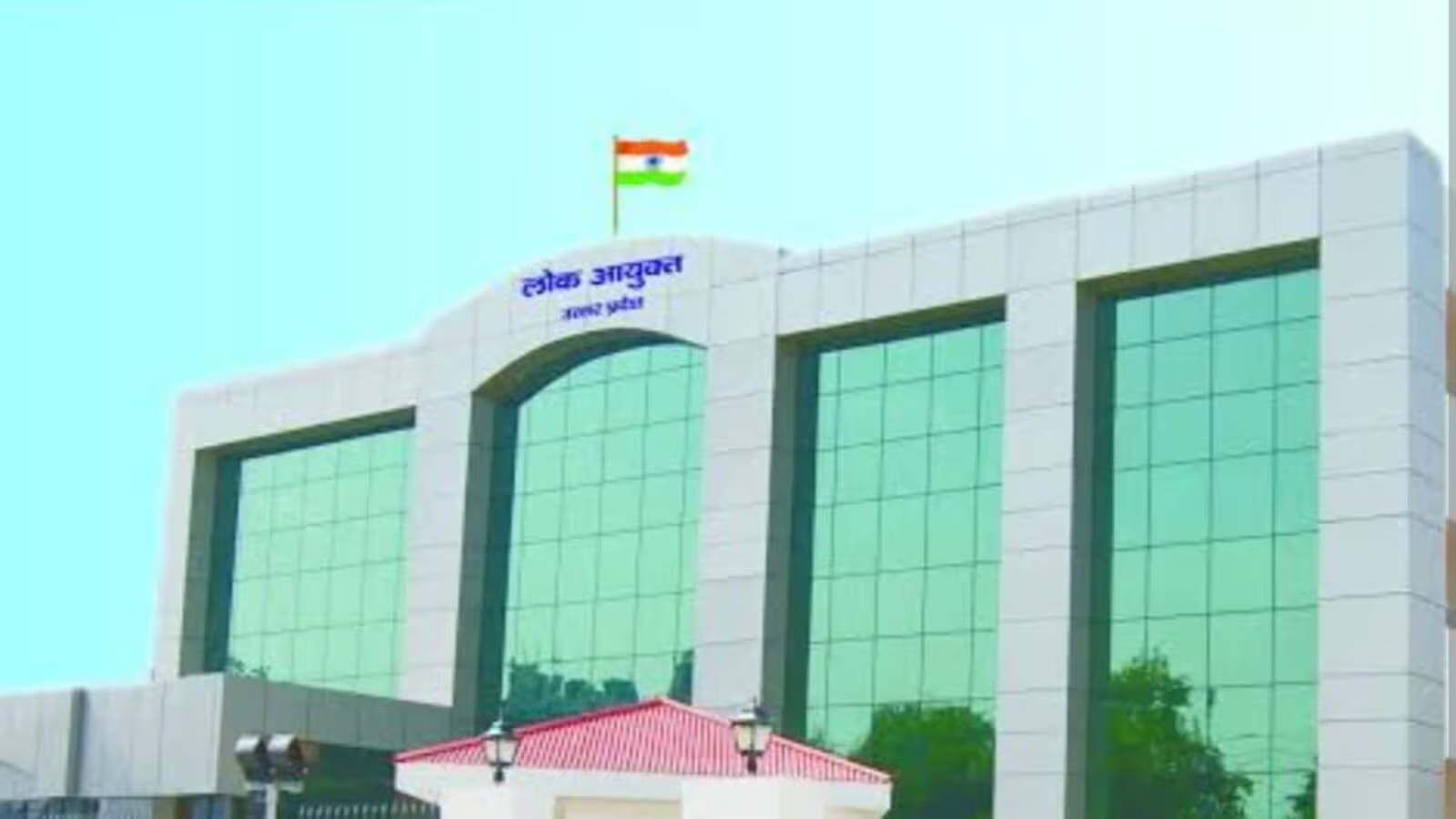Uttar Pradesh Lokayukta’s Bold Stand Against Corruption
In a groundbreaking move to combat corruption, the Uttar Pradesh Lokayukta, Justice Sanjay Mishra, has put forth recommendations for action against a considerable number of public officials, including four IAS officers, ten municipal and council chairpersons, and ninety-three other public servants. This significant announcement was made following the submission of the Lokayukta’s 2024 annual report to Governor Anandiben Patel at Raj Bhavan.
Allegations of Misuse of Power
The Lokayukta’s recommendations arise from serious allegations of power misuse among the officials named. Justice Mishra emphasized that these findings are the outcome of thorough investigations into various cases of corruption and misconduct. Although the specific identities of the implicated officials remain undisclosed due to Assembly protocols, sources indicate that the extent of malpractices involves multiple departments and is indicative of systemic issues within the governance framework.
This decisive stance against corruption comes at a crucial time, as public trust in governance continues to wane amid frequent reports of inefficiency and unethical practices. The Lokayukta’s initiative reflects a growing desire to enhance accountability within the bureaucratic system, aiming to deter future transgressions by public servants.
Complaints and Relief for Citizens
The Lokayukta’s report does not solely focus on disciplinary actions; it also highlights the broader role the institution has played in addressing citizens’ grievances. In the year 2024 alone, the Lokayukta’s office resolved a remarkable 2,131 complaints, showcasing its commitment to bringing justice to citizens. Among these cases, 115 complainants received significant relief, totaling an impressive amount of ₹3.72 crore.
Interestingly, a substantial number of petitions—over 1,200—were dismissed at the preliminary stage. However, 931 cases saw resolution after detailed investigations, illustrating the thoroughness and dedication of the Lokayukta in filtering genuine complaints from frivolous ones. This success rate not only underscores the effectiveness of the institution but also serves to restore public faith in governance mechanisms.
Accountability and the Road Ahead
The onus is now on the state government to take decisive action against the flagged officials. This moment is seen as a critical test of the administration’s commitment to transparency and accountability. The presence of notable figures at the report submission, including Deputy Lokayukta Dinesh Kumar Singh and Chief Investigation Officer Tripurari Mishra, signifies the weight that the Lokayukta places on these findings.
As legal analysts observe, “The report lays bare the urgent need for institutional accountability in India’s largest state.” The actions taken in response to the Lokayukta’s recommendations will ultimately determine whether the state’s governance can indeed rise above entrenched vested interests.
In a landscape where corruption often seems ingrained in the fabric of public service, the proactive measures by the Uttar Pradesh Lokayukta signal a potential shift towards a more transparent and accountable administration. The implications of these actions may well extend beyond immediate recommendations, potentially sparking wider reforms aimed at fostering integrity within public institutions.



